Add to Wishlist
Introduction To Sustainable Agriculture
By Erin Newman
Publisher: Alexis Press LLC
$135.00
ISBN 13: 979-8-89143-207-9
YEAR: 2024
eBOOK
Instant Delivery
SKU:
ALX-AG-207-9
Category:
Agriculture
Additional information
| Access Type | Download eBook, Read Only |
|---|
Be the first to review “Introduction To Sustainable Agriculture” Cancel reply
You must be logged in to post a review.
Purchase now to read the book online.
Select optionsRelated products
Agricultural Economics
By Brook Fraser
$135.00
Agricultural economics is an applied field of economics concerned with the application of economic theory in optimizing the production and distribution of food and fiber products. Agricultural economics began as a branch of economics that specifically dealt with land usage.
Agricultural Economics
By Brook Fraser
$135.00
Agricultural economics is an applied field of economics concerned with the application of economic theory in optimizing the production and distribution of food and fiber products. Agricultural economics began as a branch of economics that specifically dealt with land usage.
Pests And Diseases
By Lee Palmer
$135.00
Together pests and diseases cause up to 40% yield losses every year. The animal groups of the most significant importance as agricultural pests are (in order of economic importance) insects, mites, nematodes, and gastropod mollusks. Insects are responsible for two major forms of damage to crops. First, there is the direct injury they cause to the plants as they feed on the tissues; a reduction in leaf surface available for photosynthesis, distortion of growing shoots, a diminution of the plant's growth and vigor, and the wilting of shoots and branches caused by the insects' tunneling activities.
Pests And Diseases
By Lee Palmer
$135.00
Together pests and diseases cause up to 40% yield losses every year. The animal groups of the most significant importance as agricultural pests are (in order of economic importance) insects, mites, nematodes, and gastropod mollusks. Insects are responsible for two major forms of damage to crops. First, there is the direct injury they cause to the plants as they feed on the tissues; a reduction in leaf surface available for photosynthesis, distortion of growing shoots, a diminution of the plant's growth and vigor, and the wilting of shoots and branches caused by the insects' tunneling activities.
Green Revolution
By Rene Holland
$135.00
Green Revolution, the great increase in the production of food grains that resulted in large part from the introduction into developing countries of new, high-yielding varieties, beginning in the mid-20th century. Its early dramatic successes were in Mexico and the Indian subcontinent. The new varieties require large amounts of chemical fertilizers and pesticides to produce their high yields, raising concerns about cost and potentially harmful environmental effects. Poor farmers, unable to afford the fertilizers and pesticides, have often reaped even lower yields with these grains than with the older strains, which were better adapted to local conditions and had some resistance to pests and diseases.
Green Revolution
By Rene Holland
$135.00
Green Revolution, the great increase in the production of food grains that resulted in large part from the introduction into developing countries of new, high-yielding varieties, beginning in the mid-20th century. Its early dramatic successes were in Mexico and the Indian subcontinent. The new varieties require large amounts of chemical fertilizers and pesticides to produce their high yields, raising concerns about cost and potentially harmful environmental effects. Poor farmers, unable to afford the fertilizers and pesticides, have often reaped even lower yields with these grains than with the older strains, which were better adapted to local conditions and had some resistance to pests and diseases.
Agricultural Production
$135.00
Agricultural production has always involved the exploitation of resources such as soil, water, and energy. Increasing production to feed a growing world population while at the same time conserving resources for future generations has led to a search for ‘sustainable’ agricultural methods. Farm managers must take a long-term view when making decisions about which technologies to follow and what commodities to produce while still generating sufficient profits in the short run to earn a living. Farm managers must also be aware of possible trends in climatic conditions, and learn how to adapt their production methods accordingly.
Agricultural Production
$135.00
Agricultural production has always involved the exploitation of resources such as soil, water, and energy. Increasing production to feed a growing world population while at the same time conserving resources for future generations has led to a search for ‘sustainable’ agricultural methods. Farm managers must take a long-term view when making decisions about which technologies to follow and what commodities to produce while still generating sufficient profits in the short run to earn a living. Farm managers must also be aware of possible trends in climatic conditions, and learn how to adapt their production methods accordingly.
Agricultural Soil Science
$135.00
Prior to the development of pedology in the 19th century, agricultural soil science was the only branch of soil science. The bias of early soil science toward viewing soils only in terms of their agricultural potential continues to define the soil science profession in both academic and popular settings as of 2006.
Agricultural Soil Science
$135.00
Prior to the development of pedology in the 19th century, agricultural soil science was the only branch of soil science. The bias of early soil science toward viewing soils only in terms of their agricultural potential continues to define the soil science profession in both academic and popular settings as of 2006.
Bakery: Agriculturally Based Manufacturing Industry
By Vic Harvey
$135.00
Because of the fame of the art of baking, around 300 BC, baking was introduced as an occupation and respectable profession for Romans. Bakers began to prepare bread at home in an oven, using mills to grind grain into flour for their bread. The demand for baked goods persisted, and the first bakers' guild was established in 168 BC in Rome. The desire for baked goods promoted baking throughout Europe and expanded into eastern parts of Asia. Bakers started baking bread and other goods at home and selling them on the streets. Baked goods have been around for thousands of years. The art of baking was developed early during the Roman Empire. It was a highly famous art as Roman citizens loved baked goods and demanded them frequently for important occasions such as feasts and weddings.
Bakery: Agriculturally Based Manufacturing Industry
By Vic Harvey
$135.00
Because of the fame of the art of baking, around 300 BC, baking was introduced as an occupation and respectable profession for Romans. Bakers began to prepare bread at home in an oven, using mills to grind grain into flour for their bread. The demand for baked goods persisted, and the first bakers' guild was established in 168 BC in Rome. The desire for baked goods promoted baking throughout Europe and expanded into eastern parts of Asia. Bakers started baking bread and other goods at home and selling them on the streets. Baked goods have been around for thousands of years. The art of baking was developed early during the Roman Empire. It was a highly famous art as Roman citizens loved baked goods and demanded them frequently for important occasions such as feasts and weddings.
Agriculture And The Environment
By Aaren Castro
$135.00
The environmental impact of agriculture is the effect that different farming practices have on the ecosystems around them, and how those effects can be traced back to those practices. The environmental impact of agriculture varies widely based on practices employed by farmers and by the scale of the practice. Farming communities that try to reduce environmental impacts by modifying their practices will adopt sustainable agriculture practices. The negative impact of agriculture is an old issue that remains a concern even as experts design innovative means to reduce destruction and enhance eco- fficiency.
Agriculture And The Environment
By Aaren Castro
$135.00
The environmental impact of agriculture is the effect that different farming practices have on the ecosystems around them, and how those effects can be traced back to those practices. The environmental impact of agriculture varies widely based on practices employed by farmers and by the scale of the practice. Farming communities that try to reduce environmental impacts by modifying their practices will adopt sustainable agriculture practices. The negative impact of agriculture is an old issue that remains a concern even as experts design innovative means to reduce destruction and enhance eco- fficiency.
The Science Of Vegan Food
$135.00
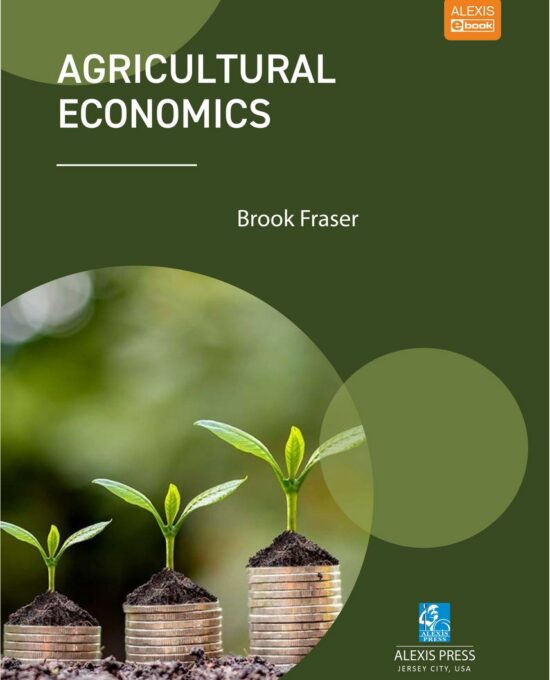
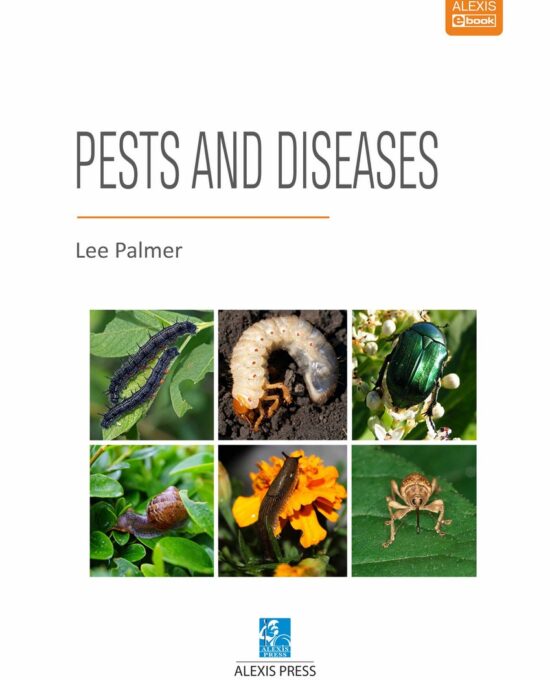
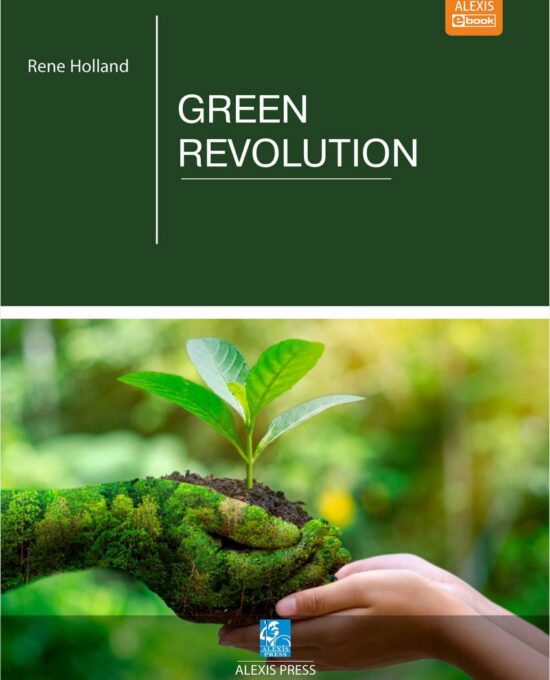
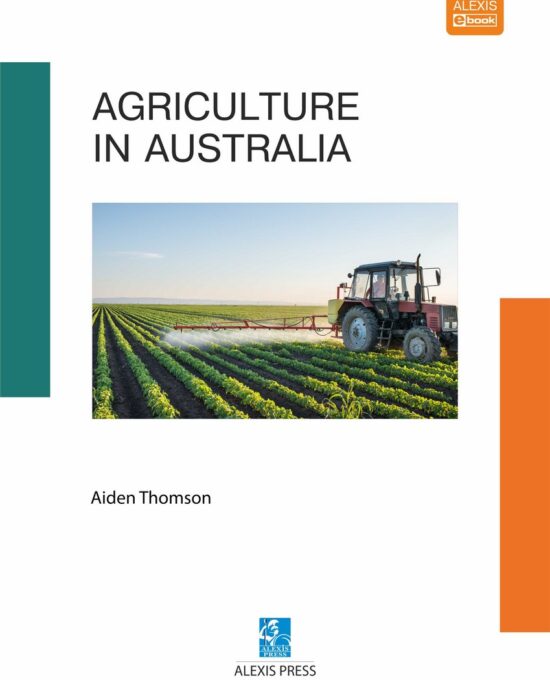
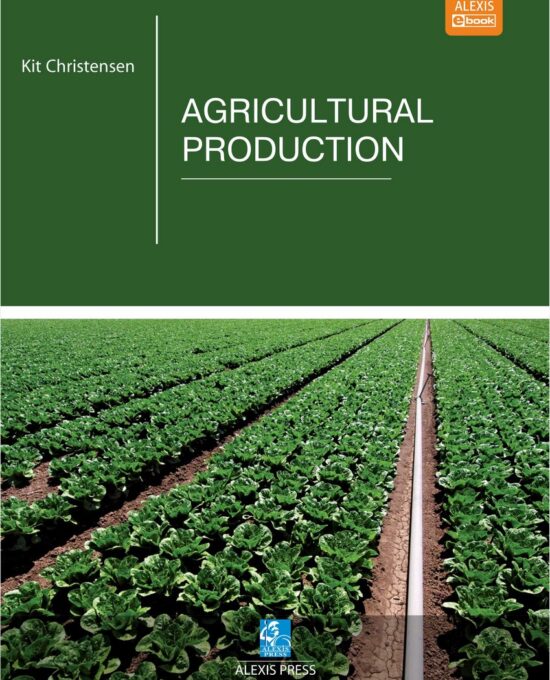

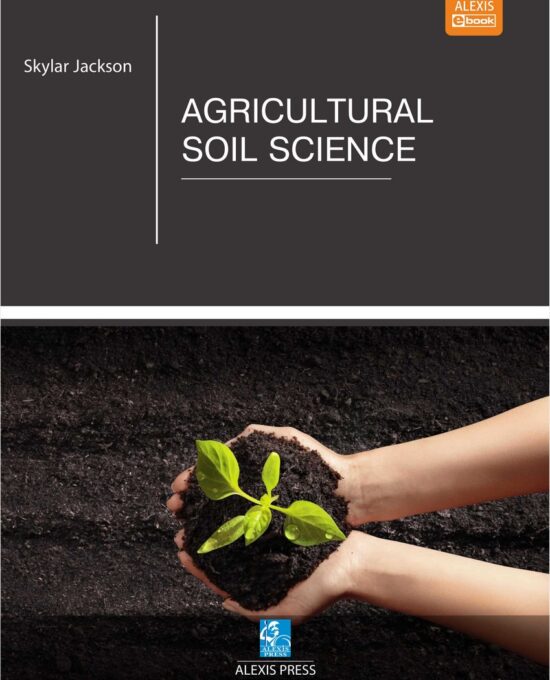
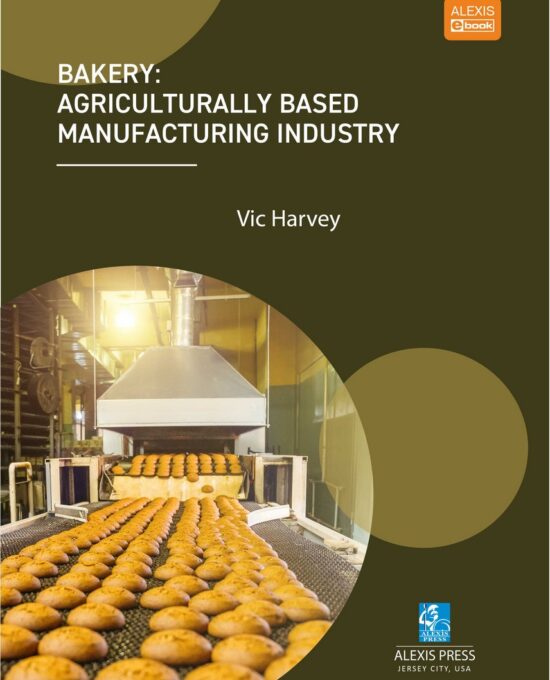
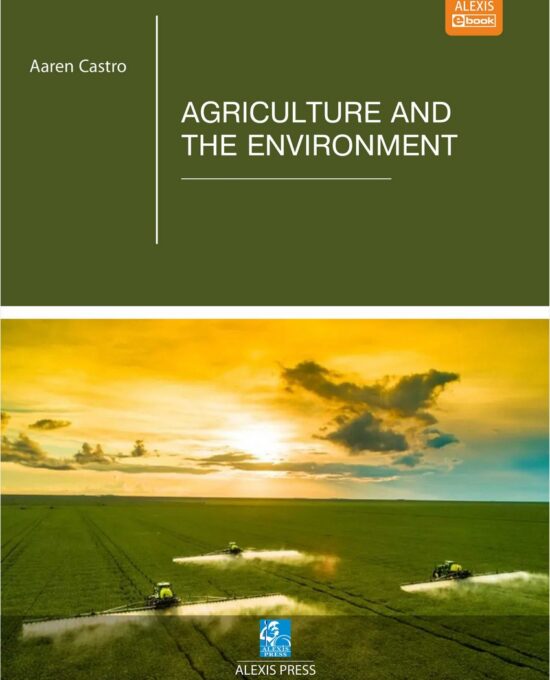

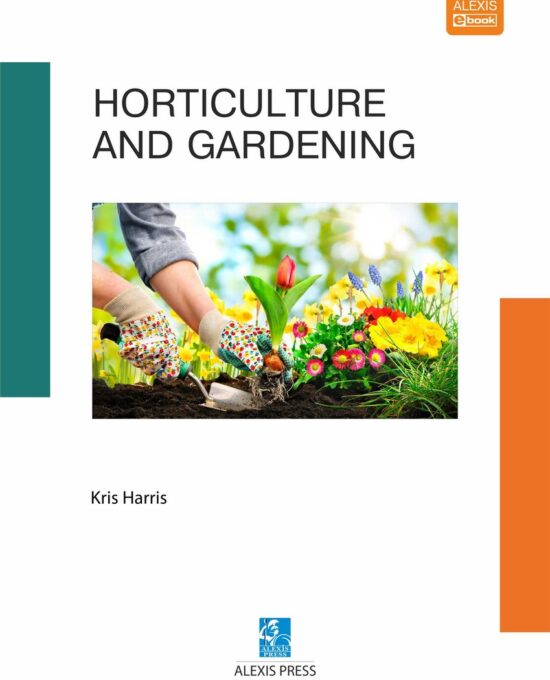
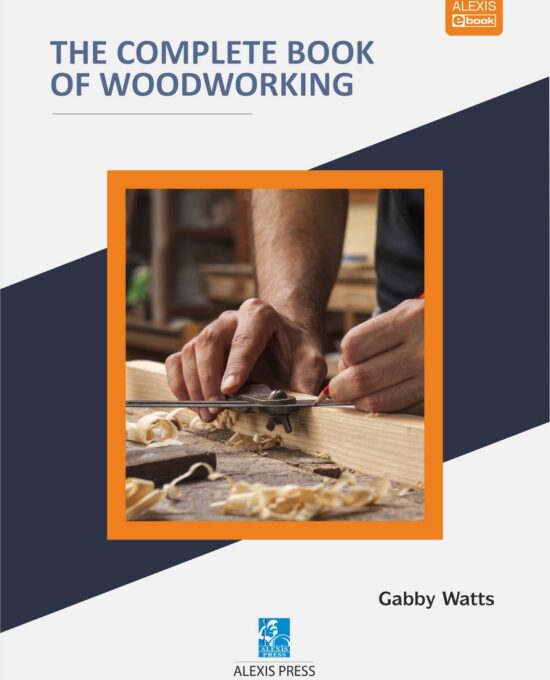
Reviews
There are no reviews yet.